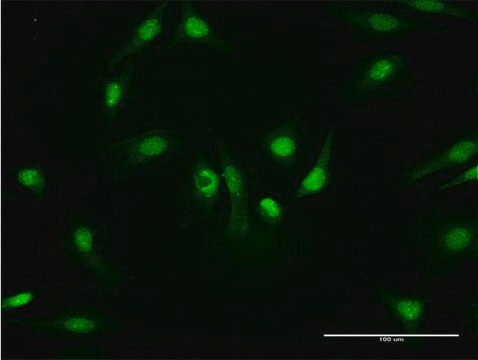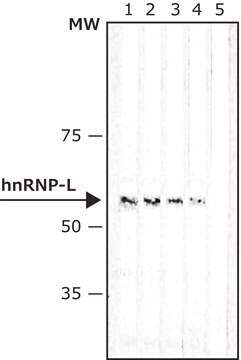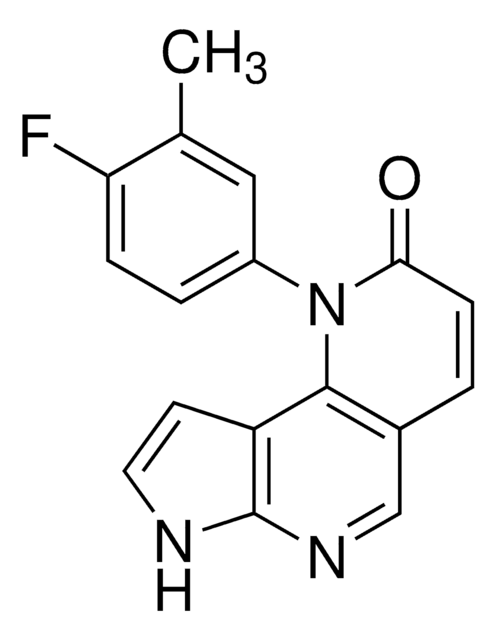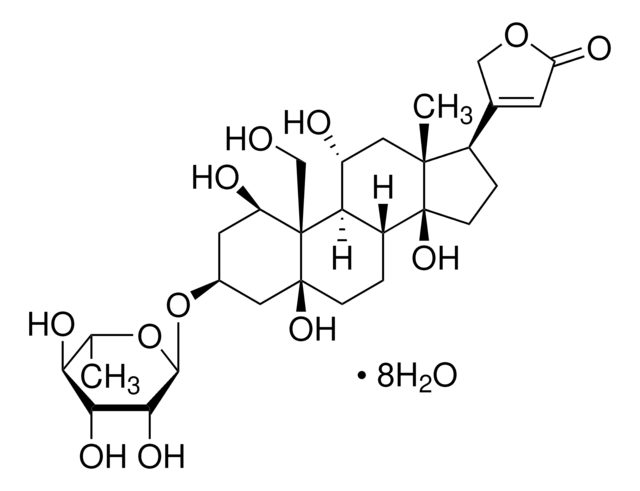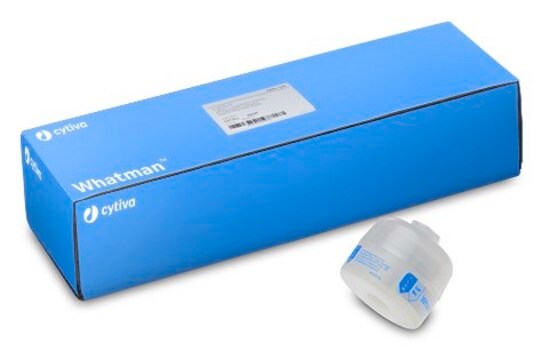R9778
Anti-hnRNP-A1 antibody, Mouse monoclonal
~2 mg/mL, clone 4B10, purified from hybridoma cell culture
Synonym(s):
Anti-Heterogeneous Nuclear Ribonucleoprotein-A1
About This Item
ELISA (i)
ICC
IP
WB
immunoprecipitation (IP): suitable
indirect ELISA: suitable
microarray: suitable
western blot: 0.25-0.5 μg/mL using total cell extract of HeLa cells
Recommended Products
biological source
mouse
Quality Level
conjugate
unconjugated
antibody form
purified from hybridoma cell culture
antibody product type
primary antibodies
clone
4B10, monoclonal
form
buffered aqueous solution
mol wt
antigen 32-35 kDa
species reactivity
bovine, human, canine
concentration
~2 mg/mL
technique(s)
immunocytochemistry: suitable
immunoprecipitation (IP): suitable
indirect ELISA: suitable
microarray: suitable
western blot: 0.25-0.5 μg/mL using total cell extract of HeLa cells
isotype
IgG2a
UniProt accession no.
shipped in
dry ice
storage temp.
−20°C
target post-translational modification
unmodified
Gene Information
human ... HNRNPA1(3178)
General description
Immunogen
Application
Western Blotting (1 paper)
- enzyme linked immunosorbent assay (ELISA)
- immunoblotting
- immunoprecipitation
- immunocytochemistry.
Biochem/physiol Actions
Physical form
Disclaimer
Not finding the right product?
Try our Product Selector Tool.
Storage Class Code
10 - Combustible liquids
WGK
WGK 3
Flash Point(F)
Not applicable
Flash Point(C)
Not applicable
Personal Protective Equipment
Choose from one of the most recent versions:
Already Own This Product?
Find documentation for the products that you have recently purchased in the Document Library.
Our team of scientists has experience in all areas of research including Life Science, Material Science, Chemical Synthesis, Chromatography, Analytical and many others.
Contact Technical Service

